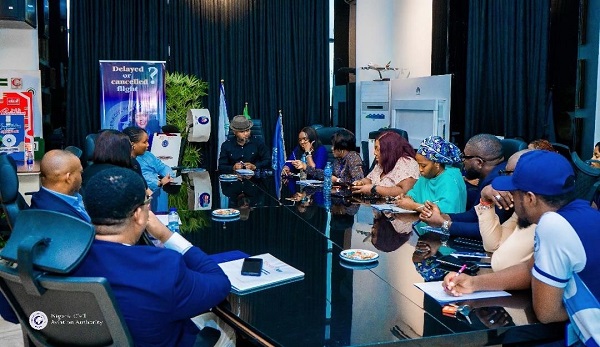The Revenue Mobilisation Allocation and Fiscal Commission (RMAFC) has formally begun the process of reviewing the remuneration packages of political and public office holders across Nigeria.
This move could lead to significant changes in their earnings after nearly two decades without adjustment.
Ahead of a formal announcement, the Commission is hosting a strategic retreat in Kano to harmonise various reports before finalising and releasing the updated salary structure.
The exercise follows the review of judicial officers’ salaries last year, which was approved by President Bola Ahmed Tinubu.
Declaring the retreat open, the Chairman of the RMAFC Remuneration and Monetisation Committee, Hon. Mohammed Kabeer Usman, who represents Gombe State on the Commission, said the assignment was central to ensuring stability and strengthening governance in the country.
Usman explained that the Committee had been mandated to consolidate earlier reports with fresh submissions into a single, comprehensive framework that would guide implementation.
“The Commission carefully considered a wide range of perspectives, including memoranda from stakeholders, public hearings, and ministerial submissions, while also drawing from economic indicators and remuneration practices in other countries,” he said.
According to him, the review process is not solely about revising figures but also about assessing the long-term sustainability of such changes. “The Commission has equally analyzed the capacity of government to implement the review package, ensuring that recommendations remain fair, realistic, and sustainable,” he added.
He reminded participants that the 1999 Constitution (as amended) gives the RMAFC the mandate to determine appropriate remuneration for political, public, and judicial office holders at all levels of government.
Usman appealed to members at the retreat to ensure that the outcome of their deliberations is balanced and beneficial to the Nigerian system. “I implore everyone to contribute towards achieving the purpose of our gathering, given our varied knowledge and wealth of experience,” he said.
The retreat is expected to set the tone for a framework that will determine future remuneration packages for political and public office holders nationwide.
Earlier in the week, RMAFC Chairman, Mohammed Shehu, noted the urgency of updating pay for political office holders. He revealed that President Tinubu currently earns N1.5 million monthly, while ministers receive less than N1 million, figures that have not changed since 2008.
“You are paying the President of the Federal Republic of Nigeria N1.5 million a month, with a population of over 200 million people. Everybody believes that it is a joke,” Shehu remarked.
He added, “You cannot pay a minister less than N1 million per month since 2008 and expect him to put in his best without necessarily being involved in some other things. You pay either a CBN governor or the DG ten times more than you pay the President. That is just not right. Or you pay him [the head of an agency] twenty times higher than the Attorney-General of the Federation. That is absolutely not right.”
Shehu clarified that the Commission’s work is limited to political office holders such as governors, senators, legislators, ministers, and directors-general. He acknowledged public opposition to any salary increment for politicians but stressed that a realistic remuneration structure was essential to reflect their responsibilities and reduce distortions within the system.
Currently, the remuneration packages of political and public office holders, which have largely remained unchanged since February 2007, include the following:
The President earns N14,058,820 annually, while the Vice President earns N12,126,290. Ministers, the Secretary to the Government of the Federation (SGF), the Head of Service, and Chairmen of Constitutional bodies each receive N8,105,600 annually. Ministers of State and members of constitutional bodies earn N7,830,320, while special advisers and similar categories, such as speechwriters, are paid N7,771,500 annually.
Top public service officials such as Directors-General, the Auditor-General, Permanent Secretaries, the Accountant-General, Executive Secretaries, Chief Executives of agencies and parastatals, as well as Resident Electoral Commissioners of the Independent National Electoral Commission (INEC), receive N7,703,460 annually.
In the legislature, the Senate President earns N9,936,970 per annum, while the Deputy Senate President takes home N9,236,667. Each senator is paid N8,105,600 annually. In the House of Representatives, the Speaker earns N9,908,440, the Deputy Speaker N9,148,137, while members receive N7,940,850.50 annually.
At the state level, governors earn N8,894,820 annually, while deputy governors receive N8,448,860. State commissioners, secretaries to the state government, and chiefs of staff are paid N5,348,900. Speakers of state Houses of Assembly earn N6,559,500, their deputies N5,783,930, while state lawmakers receive N5,348,900 annually.
At the local government level, chairman earn N3,633,248 annually, vice-chairmen N3,412,224, while supervisory councillors and local government secretaries earn N3,040,304 each.
With these figures unchanged for nearly two decades, the Commission’s review is expected to align political and public office holders’ pay with present-day realities while balancing affordability and public perception.



